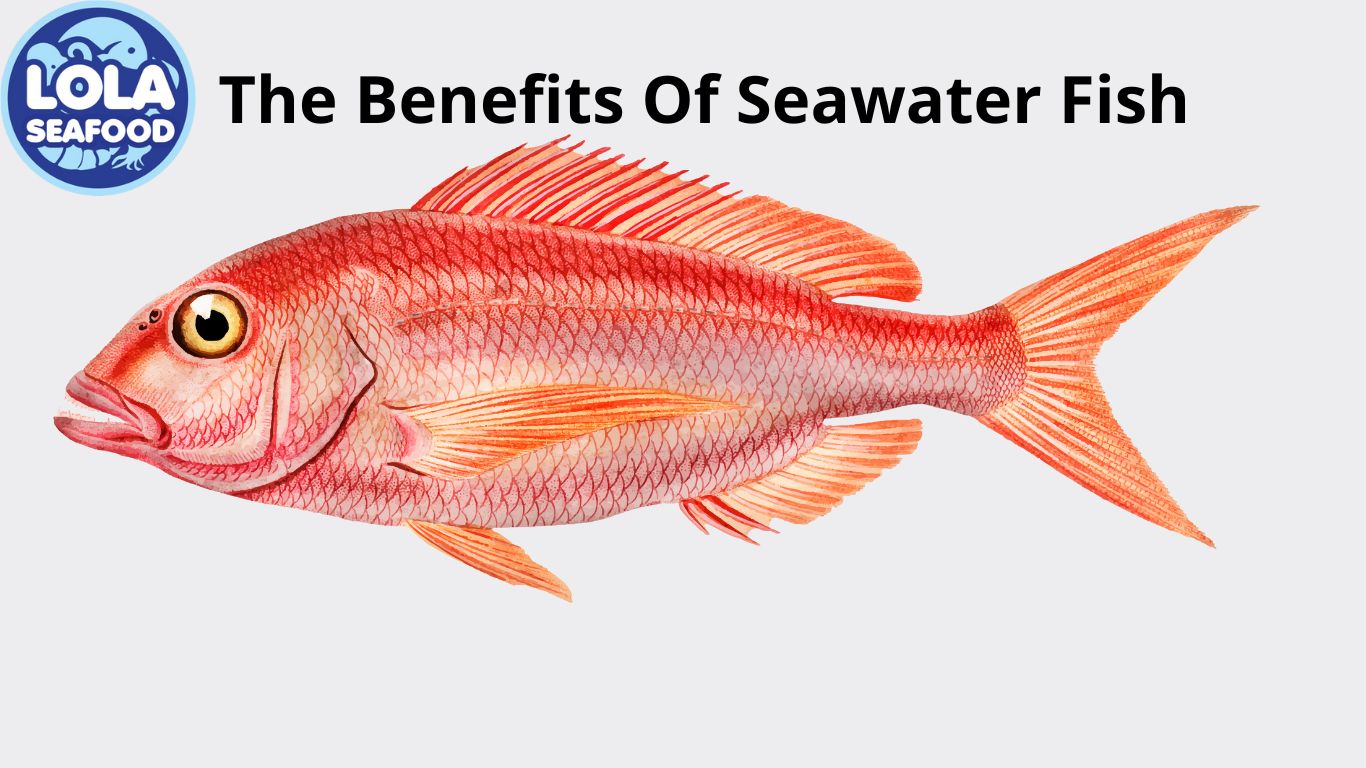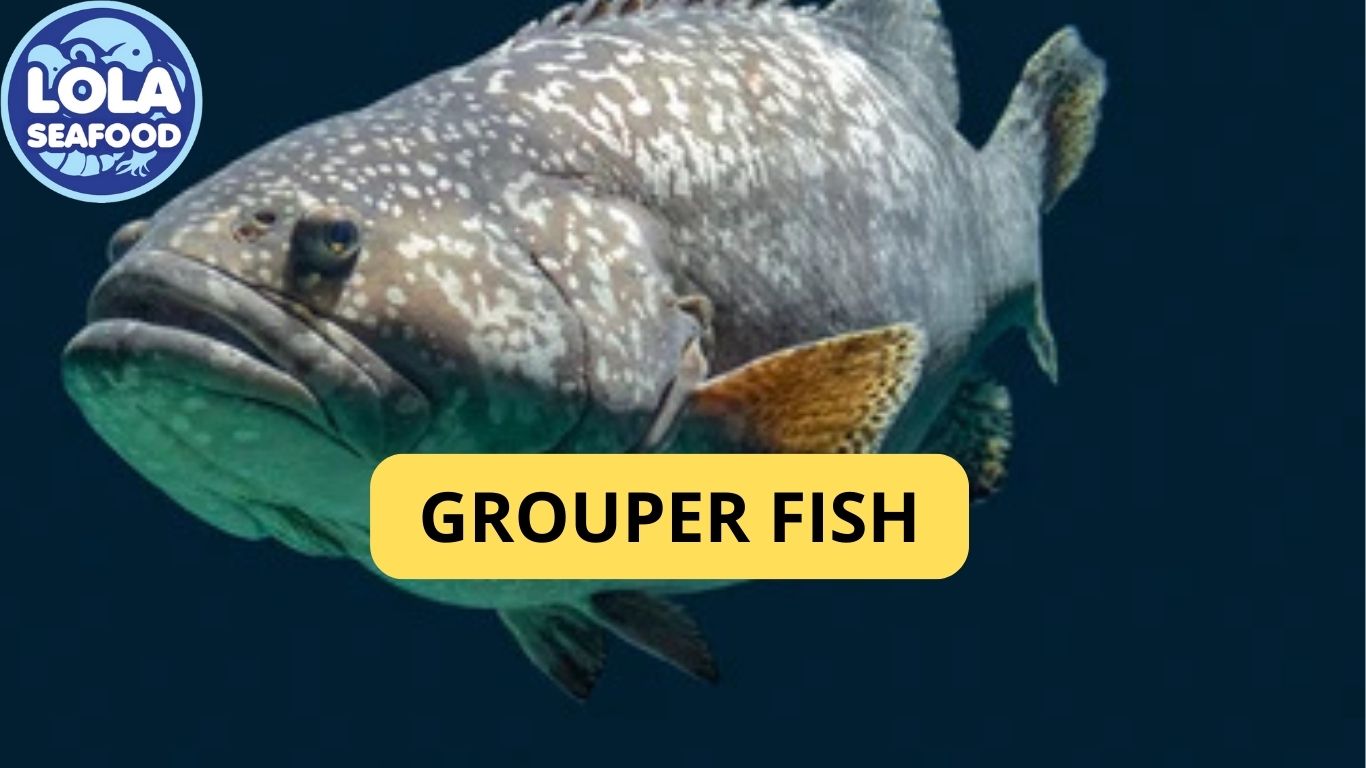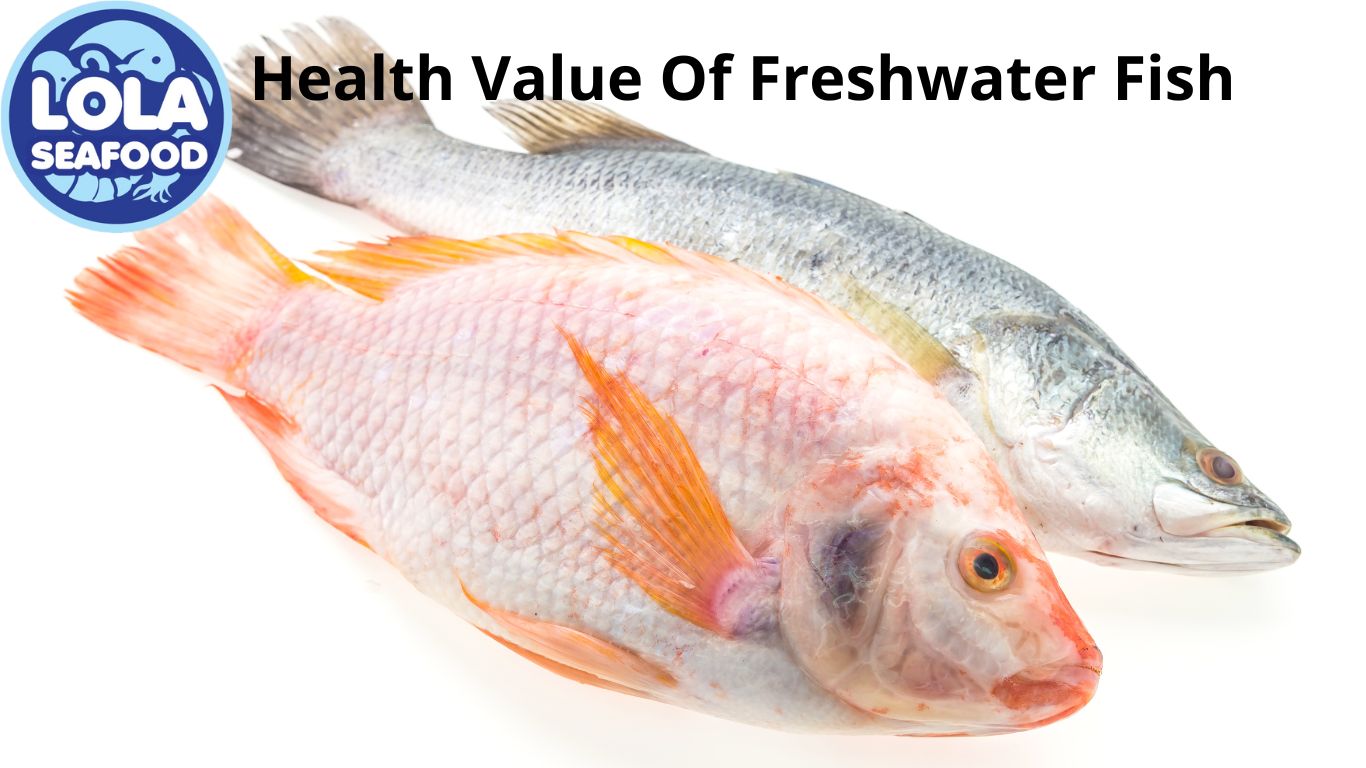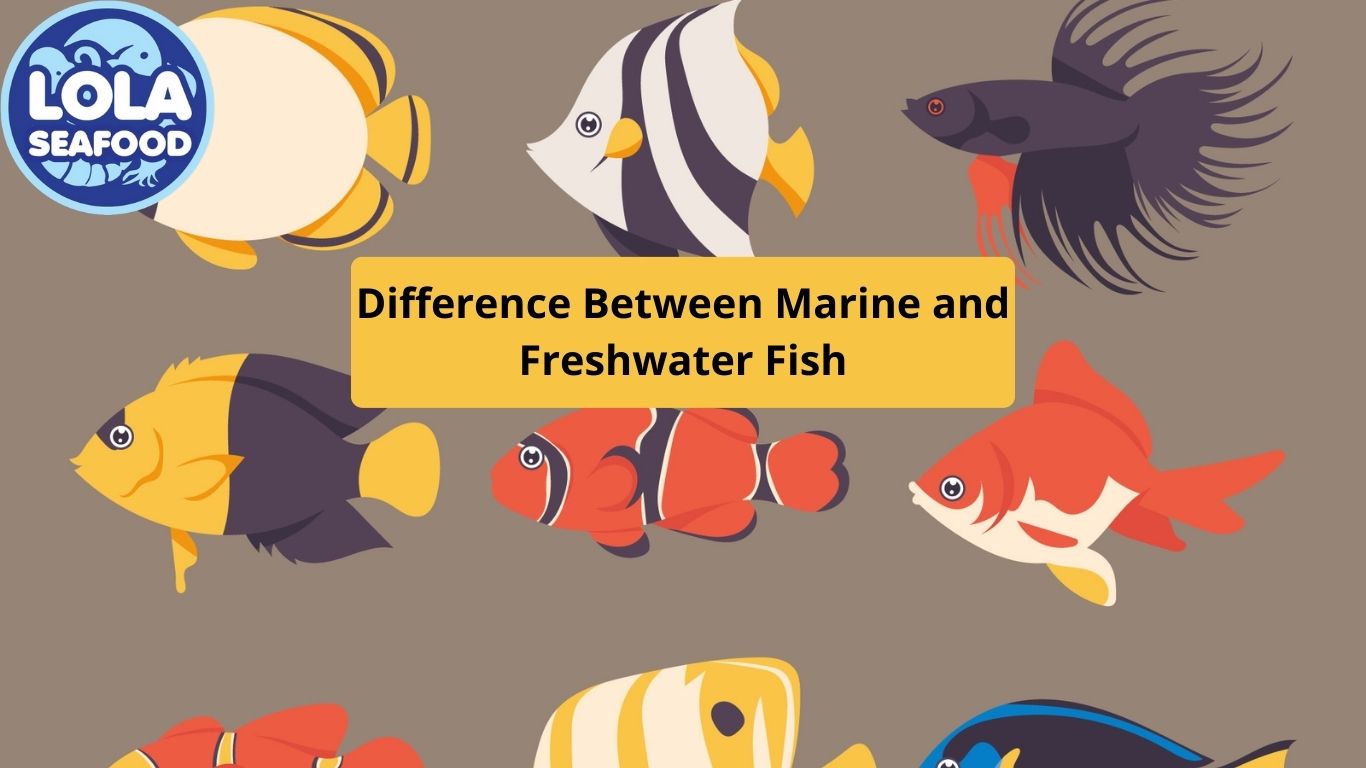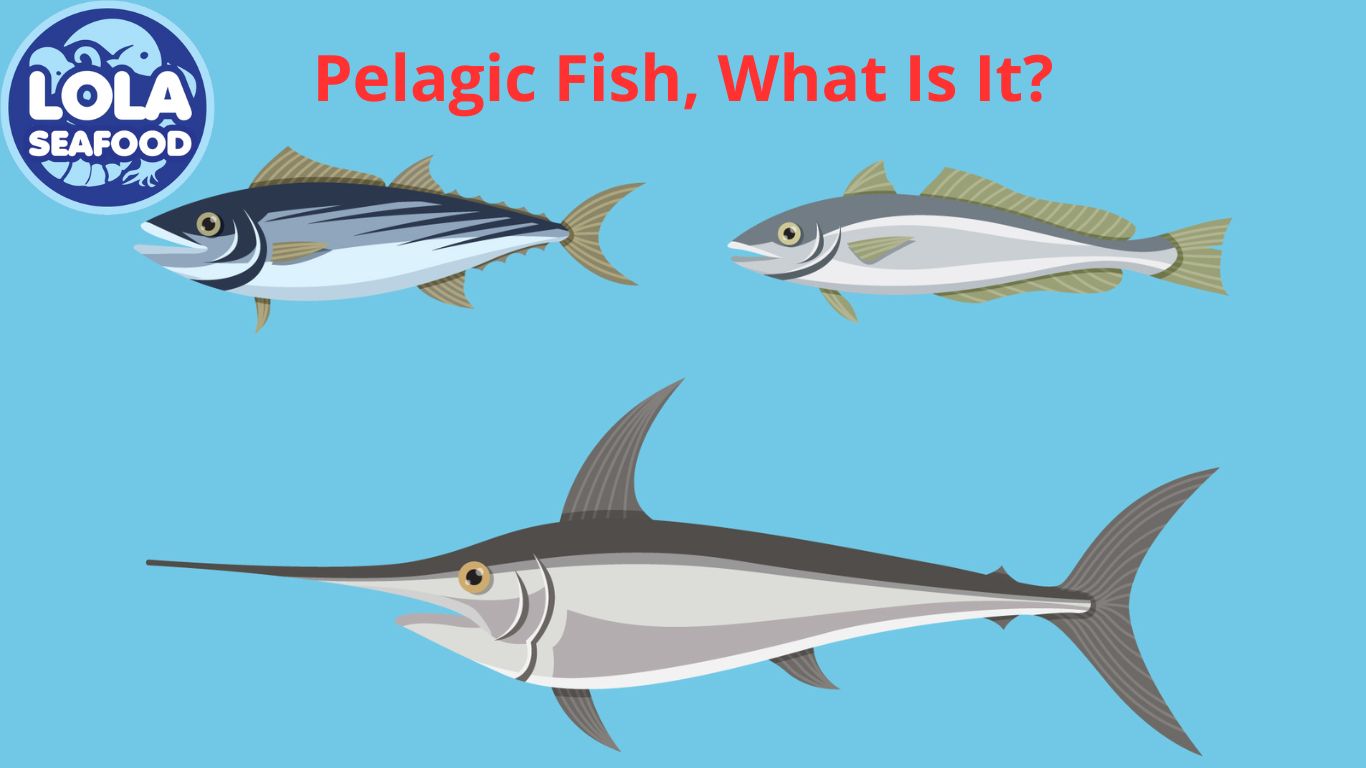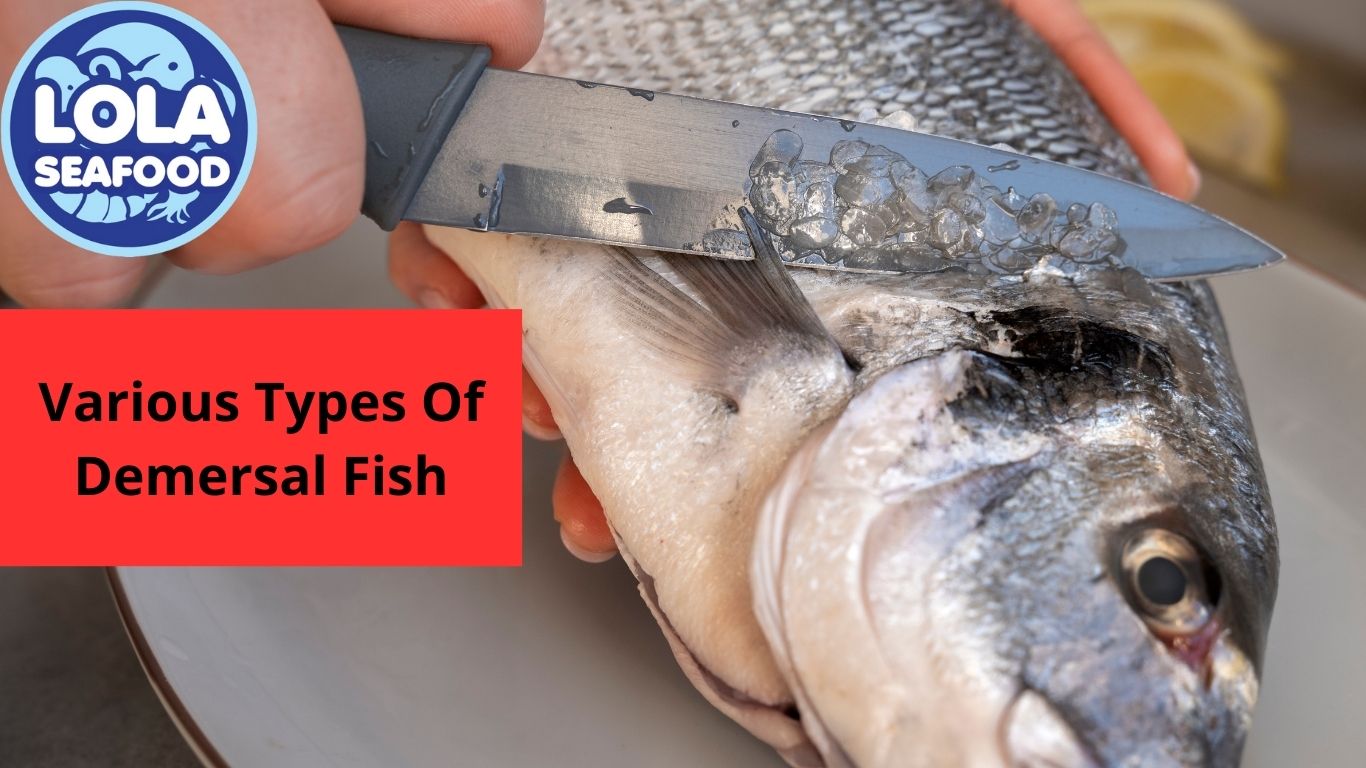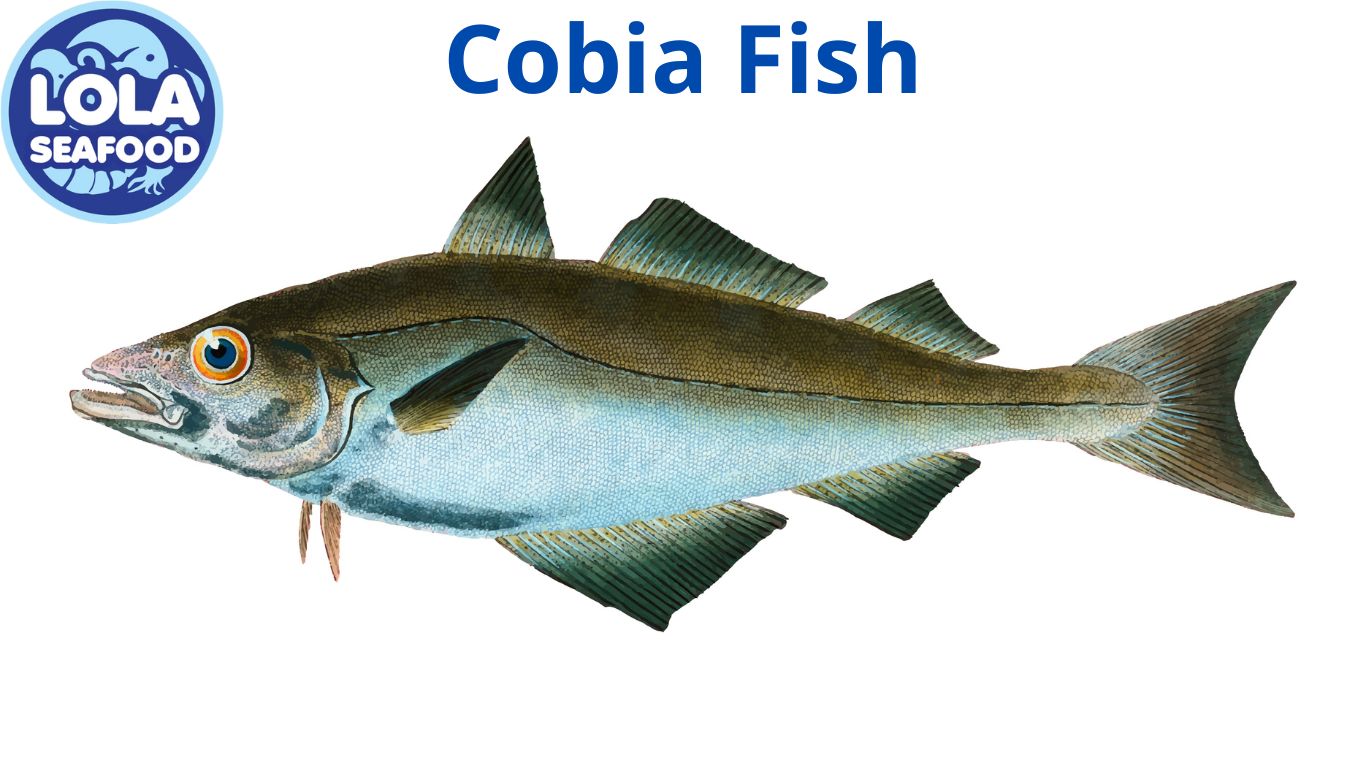How Anchovies Shape the Underwater World and Ecosystems
By. Nevanda - 13 Sep 2023
kelolalaut.com - Anchovies, although often underestimated due to their small size, play a very important ecological role in the marine ecosystem. Their humble lives actually have far-reaching impacts on the balance and dynamics of the marine environment. Anchovies are not only prey for a number of larger marine predators, but also play a role in regulating plankton's abundance, controlling algae populations and supporting nutrient cycling vital to marine life. Here are some of the ecological roles of anchovies in the marine ecosystem:
1. Food Source for Predators
Anchovies are prime prey for a variety of marine predators, including large fish, seabirds, and marine mammals such as dolphins and whales. They are an important part of the marine food chain, providing a food source for these animals.
2. Environmental Cleaner
Anchovies are small plankton, phytoplankton and zooplankton eaters. By consuming these plankton, they help control the plankton population and prevent overgrowth. This is an important component in maintaining the balance of the marine ecosystem.
Read also: Tuna’s Ecological Role to Protect Marine Ecosystems
3. Role in Nutrient Cycle
When anchovies eat plankton, they also take up nutrients such as nitrogen and phosphorus from the plankton. When anchovies become prey, these nutrients can be dispersed in the marine ecosystem, supporting the growth of other organisms and helping to maintain ecological balance.
4. Regulates Plankton
By becoming plankton predators, anchovies can influence the composition and abundance of plankton species. This affects the dynamics of the marine ecosystem as a whole, as plankton are the base of the marine food chain.
5. Reduces Excessive Algae
In some cases, a healthy anchovy population can help reduce excessive algae growth by consuming zooplankton that will feed on the algae. This can help reduce algae "blooms" that can disrupt marine ecosystems.
Read also: How To Store Smoked Fish Properly
6. Economy and Subsistence
Anchovies are an important economic resource in many countries. They are used for food production, such as fish sauce, and also as bait in fishing. For many coastal communities, anchovies are also an important food source and an important part of their subsistence.
7. Environmental Health Indicator
The health of anchovy populations can be an important indicator of the overall health of marine ecosystems. Changes in anchovy numbers or health can signal changes in the broader marine ecosystem.
It is important to remember that the preservation of anchovies and maintenance of their populations is an important factor in maintaining a balanced and sustainable marine ecosystem. Significant ecological changes in anchovy populations can have major impacts on marine ecosystems and the human activities that depend on these marine resources.
Read also: Exploring the World of Perfectly Smoked Fish
